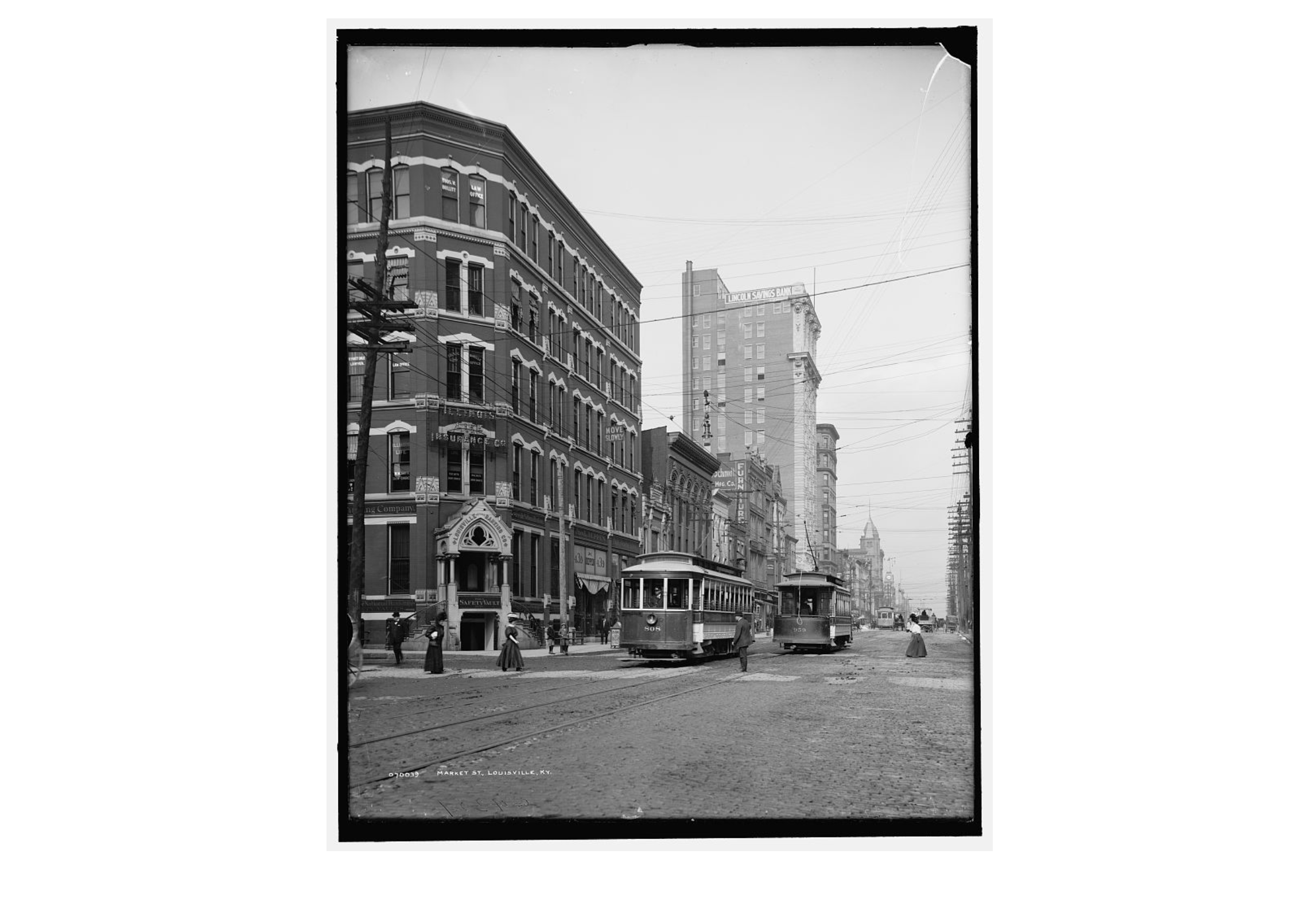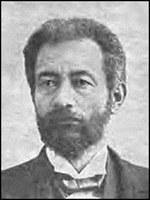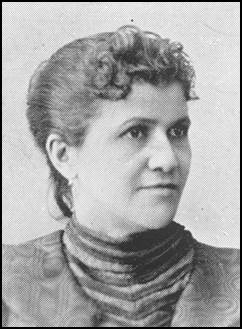
13 Nov Louisville’s first black champ
In 1872, Canadian-born Henry Fitzbutler was the first black graduate of the University of Michigan’s Medical School. Prior to graduating the U of M, he was Detroit’s first black medical student. Dr. Fitzbutler’s road to success and humanitarianism did not come easy, his father was enslaved and mother was an indentured servant from England who had escaped to Canada from the Virginia via the Underground Railroad. This was a risk many families took in order to achieve a sense of autonomy and agency over their future. The risk most definitely paid off. Fitzbutler moved to Louisville, Kentucky, with his wife Sarah and three children after graduating from the U of M, and lobbied the Kentucky legislature to allow the establishment of a medical school that could not exclude applicants because of race.

His wife Sarah was accomplished as well. After raising their six children, Sarah enrolled in the Louisville National Medical College and became the first African American woman to receive a degree in the state of Kentucky. The West End area of Louisville became a place where they would cultivate a sense of community and legacy for those living in the area. While living in Louisville, the Fitzbutler’s possessed relentless advocacy for equality, equity, inclusion, human rights and education for those denied. Louisville was attractive to the Fitzbutler’s due to the growing population of black folks who were looking to escape the deep south. The city was in need of African American physicians due to the denial of care by white physicians.
While working tireless to create change in local healthcare access for African Americans, the Kentucky General Assembly approved his request to begin a medical school which held no stipulations on race in 1888. I am sure this was at the delight to white physicians in the city. In 1889, the second class of students moved into the old Louisville School of pharmacy building located at what was then called Green St. During the time African American patients did not have access to city’s hospitals, so in 1894, the school created its own. This was pivotal and a very much needed institution to help create and maintain a sense of holistic wellness for the African American community of Louisville. Like most African American communities, church was part of that wellness. It was just as important to establish a safe place of worship and community talk for those living in the city. According to the Church of Our Merciful Saviour, near the West End, the Fitzbutler’s provided a financial boost along with other prominent families in Louisville for its operations. The church provided a place of worship and sponsored the first Boy Scout Troop for Negro boys in the United States in 1916, one year after the local Boy Scout Council was founded.

With all great stories of heroism, there is usually drama along the journey to achieving greatness. Dr. Fitzbulter was no exception to this rule. He was arrested in 1898 and charged with the murder of a white woman named Flora Elliot from the bordering state of Indiana. The charge of murder via a criminal operation was dismissed by a judge who sited there was no proof. He did not let the whispers in the community about the unfortunate charge, effect his ability to stay the course on what he wanted to achieve locally. In addition to his accomplishments in the medical field, he also was an editor of Louisville’s “Ohio Falls Express.” The Ohio Falls Express was a weekly newspaper published in Louisville, Kentucky for African Americans by Dr. Fitzbutler. It began in 1878 and is believed to have ceased publication in 1904.
In 1895, he became ill with bronchitis while visiting England, the illness ultimately led to his death in 1901. After passing, his wife Sarah continued the leadership at the Louisville National Medical College and hospital until its closure in 1912. During its 24-year history, the Louisville National Medical College educated and estimated of 150 African American physicians. Three of the Fitzbutler’s six children became doctors. To recognize his accomplishments, the University of Louisville’s School of Medicine is called Fitzbutler College and at the University of Michigan Medical College, there is a Fitzbutler House for medical students.
Dr. Fitzbutler is buried at the Greenwood Cemetery in Louisville, Ky the same cemetery my great x2 grandmother Mollie Herron (Ramey) is buried.



No Comments